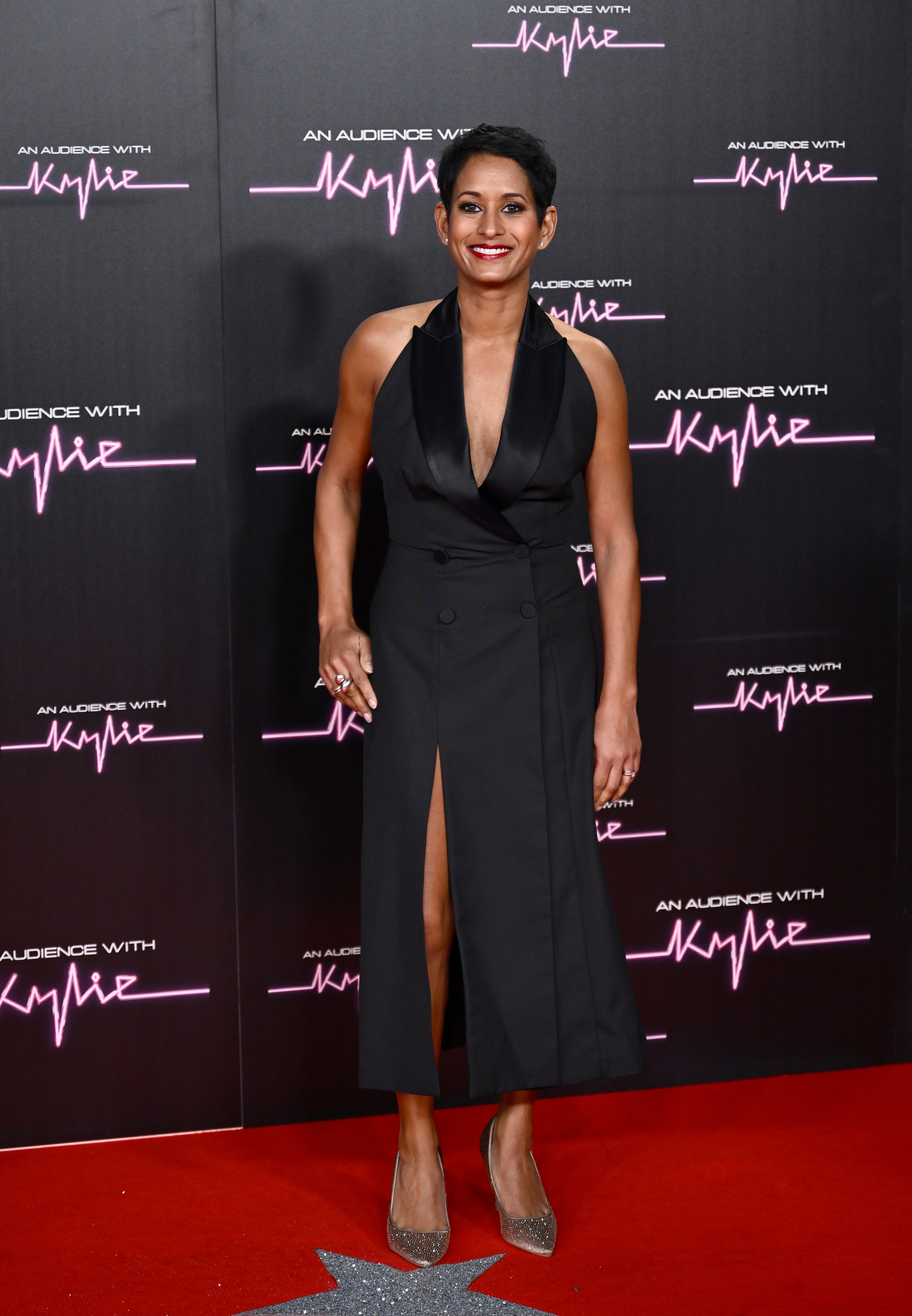ARTICLE AD BOX
Naga Munchetty was told by doctors that she would “grow out” of a condition that she was then later diagnosed with, at age 47.
The 50-year-old TV and radio presenter has been vocal about her medical issues, previously detailing the “excruciating” pain she underwent when having a contraceptive coil fitted.
Discussing her forthcoming book, It’s Probably Nothing: Critical Conversations on the Women’s Health Crisis , Munchetty explained how she would be left “crying or screaming in agony” from painful periods.
Despite experiencing severe symptoms including fainting, the BBC host said that she was turned away by doctors who did not take her concerns seriously.
“I have a condition called adenomyosis – where the lining of the uterus starts growing into the walls of the uterus,” she told the i.
“I wasn’t diagnosed with it until I was 47 but I’ve probably had it since the age of about 15. I’d always pass out when my periods started, have diarrhoea, feel dizzy and often be crying or screaming in agony.”
Munchetty sought help from doctors for the debilitating pain, but it took decades before she found an answer.
“Every time I brought it up, I’d be told by doctors it was normal or that I’d grow out of it,” she continued. “When I look back on those occasions, I realise it was a form of gaslighting because I was effectively repeatedly told ‘You are just not coping with what is normal for everyone else’. So, I stopped bringing it up.”

NHS guidance suggests the condition has no clear cause but that it is “more commonly diagnosed in women over the age of 30” and “can affect anyone who has periods”.
On the experience of having a coil fitted, which Munchetty discussed publicly on BBC Radio 5 Live in 2021, the journalist said she was “left feeling violated, weak and angry”.
“It took a lot of persuasion for me to talk about my terrible experience of the procedure on my radio programme,” she said. “The response was overwhelming because so many other women had also had awful experiences with fittings and suffered excruciating pain – but had been similarly dismissed and told that they were the anomaly.”
She added: “I get very, very angry that women’s pain is so easily dismissed,” she said. “In 2025 the gender health gap is, frankly, shocking. You cannot hear the experiences of all the women I interviewed and not be shocked. We deserve better and we deserve improved healthcare.”









 English (US) ·
English (US) ·